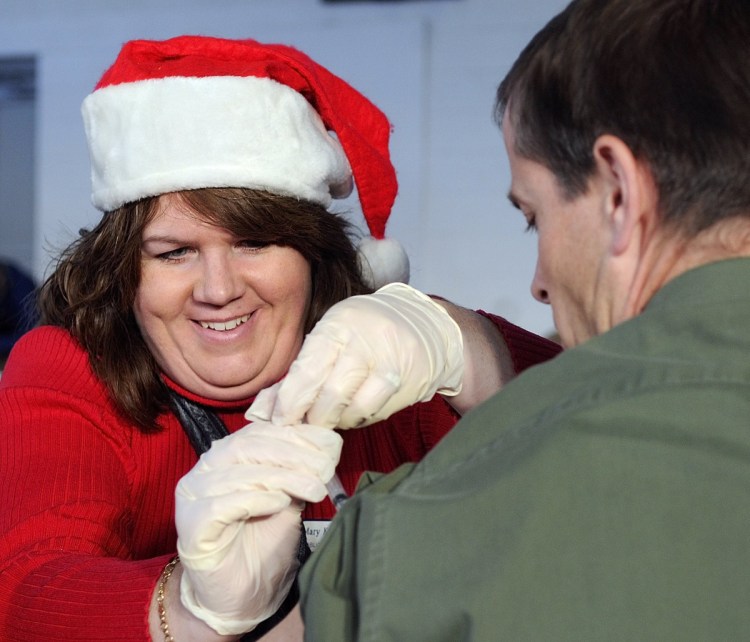I appreciated the 2016-17 reporting by the Bangor Daily News and the Portland Press Herald that informed the public that the Maine Center for Disease Control and Prevention generated risks to public health as it “sliced the ranks” of its public health nurses (Bangor Daily News, Aug. 9, 2016).
Missing from the coverage have been details of the CDC’s failure to objectively leverage the 14 years’ worth of service documentation and data that were securely stored in the state public health nurses’ information system and available to CDC decision makers while this slicing was underway.
The existence of this data conflicts with any conclusion that “there was not enough documentation of what public health nurses were doing … (so) the positions could be cut back” (Portland Press Herald, Jan. 5).
I served as the nursing informatics consultant to the CDC Public Health Nursing Program from 2003 until my resignation last October. I repeatedly informed CDC administrators that public health nurses’ documentation and data-generation capabilities included precise demonstration of what public health nurses “were doing” and that this service information had been, at best, underutilized and had been, at worst, ignored, wasted or misrepresented by administrators.
I sincerely hope for the future success of the public health nursing service that Health and Human Services Commissioner Ricker Hamilton has promised. Success will require more than the restored staffing specified by L.D. 1108.
Public health nurses will need to maintain their commitment to the kind of high-quality nursing service documentation for which the Community Health Accreditation Program has formally commended them, and the CDC will need to objectively and transparently leverage public health nurses’ data, not misrepresent the value of this information or deny its existence.
Pamela Correll
Bangor
Send questions/comments to the editors.


